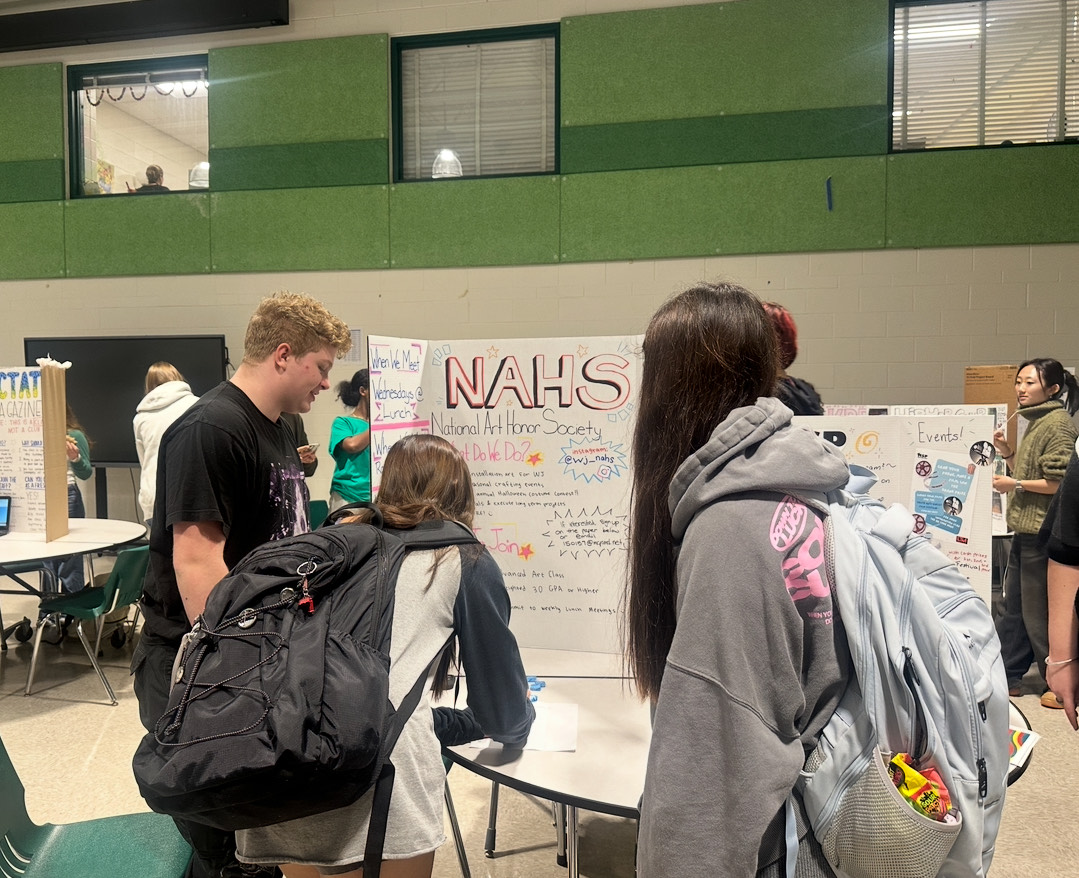This past weekend, I embarked to the local cinema and saw two very different movies about the same cultural phenomenon, an entity that will end up defining my generation for good and for bad. I am referring, of course, to Facebook, the all-knowing, time-consuming website that has changed the way we interact with each other. A website that, according to a January 2010 Nielsen report, people spend 421 minutes per month or 14 minutes per day on. A website that is valued, according to The New York Times, at over $33 billion. What I’m trying to say here is that Facebook is a relatively big deal.
The films in question are The Social Network and Catfish. Now, I know that many of you have probably seen The Social Network, the film that has grossed over $63 million over the past three weekends. People are buzzing about this movie. And rightfully so, the writing from Aaron Sorkin popped with his witty and fast-paced dialog, director David Fincher (Seven, Fight Club) was great as usual, the acting was spectacular across the board and, in my opinion, it’s either the best or second best film I’ve seen all year.
However, the one you may not be as familiar with is Catfish, an independent documentary that made the rounds at various film festivals before recently opening at a dozen theaters and adding theaters every week since. Catfish has made some nice bank for a movie that was filmed as if a 12-year-old “borrowed” his Dad’s video camera and decided to make a YouTube video with his buddies.
The two directors in the film, Ariel Schulman and Henry Joost, show up on camera and convince Ariel’s brother Nev to let Ariel and Henry document the developing relationship between Ariel’s brother Nev and a young artist. Nev is a photographer and his works show up in newspapers occasionally and Abby is a young girl from Michigan who is so inspired by his photos that she paints his pictures and sends them to Nev.
Nev forms a relationship with Abby and the rest of her family but only via Facebook and phone conversations, and wants to meet them in person. He and the directors decide to drive to Michigan, and the events that follow, as dramatically described in the trailer of the film, are “…an emotional roller-coaster ride that you won’t be able to shake for days.”
I won’t spoil the ending of the film here, but it is worth checking out. Both of these films are are about Facebook. The Social Network is about the process of creating Facebook, the loss of friends that comes with running a successful business and who ever really “owns” an idea. Catfish is about how people interact on the Internet (especially Facebook) and how the Internet is loaded with poseurs who can fulfill personal fantasies that would ordinarily be unobtainable in their normal everyday lives.
Both films point to a larger issue, that the Internet has deteriorated the way young people interact with each other and that it will hurt society in the long run. They also claim that Facebook, a site whose purpose is to bring people together online, is actually making us more distant in reality.
Facebook was created, according to The Social Network, during a night of excessive female loathing. The creator, Mark Zuckerberg, is a socially disabled computer genius. He has no qualms with taking someone else’s idea (from the Winklevoss twins) and improving it dramatically for his own use. He has no issue with weeding his best friend Eduardo out of the company. When an arrogant, young, and brilliant genius stumbles his way onto a brilliant idea, it consumes him to the point of backstabbing. What does this say about this generation of young people? Do we really not care that much for each other?
Facebook, according to these two films, is a dominant fixture in our society. Social interactions begin at Facebook, continue on Facebook, and end on Facebook. Facebook is not going anywhere, and has just gotten a thousand more members as I am writing this sentence.
It may seem like I am against Facebook. I am not; in fact, I am writing this at school right now and really wish it did not block Facebook. (So I could, you know, check it.) Facebook should, however, be taken with 500 million grains of salt. It can be a dangerous site if you get mixed up with the wrong people…so make sure that person that friend requested you has more than one picture and more than three friends. Remember that even though Facebook is a time-sucker and addicting, that does not mean it should dictate our interactions. Be honest, and chat with people to their face, not to their Facebook.
Story continues below advertisement








